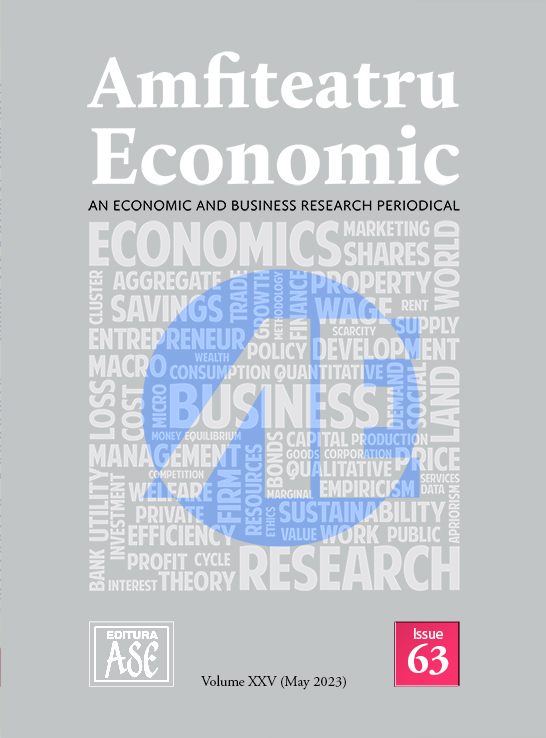
Effect of Economic, Institutional and Cultural Factors on the Implementation of EU Energy Policies
Effect of Economic, Institutional and Cultural Factors on the Implementation of EU Energy Policies
Keywords: Renewable energy; economic factors; institutional factors; Hofstede cultural values; hierarchical clustering;
This study assesses the effect of economic, institutional, and cultural factors on green energy production. The present research considers only sources for which the European Union cofinances investment in production capacity; thus, we exclude hydroelectric power. The economic determinants are internal consumption and national income, the institutional ones are the Worldwide Governance Indicators, and the cultural ones are the national cultural indicators of Hofstede. Data comprise the European Union countries for the 2007-2015 period, the longest time period in which the structure of the Union has remained mostly unchanged. We employ random effects panel data models and hierarchical clustering. Our main results emphasise the significant impact of internal energy consumption per capita, government effectiveness, rule of law, control of corruption, power distance, and uncertainty avoidance. The multidimensional hierarchical clustering points out three behavioural groups based on these variables. Two of them are quite homogeneous with respect to the geographical distribution of the countries on the European continent.
More...
